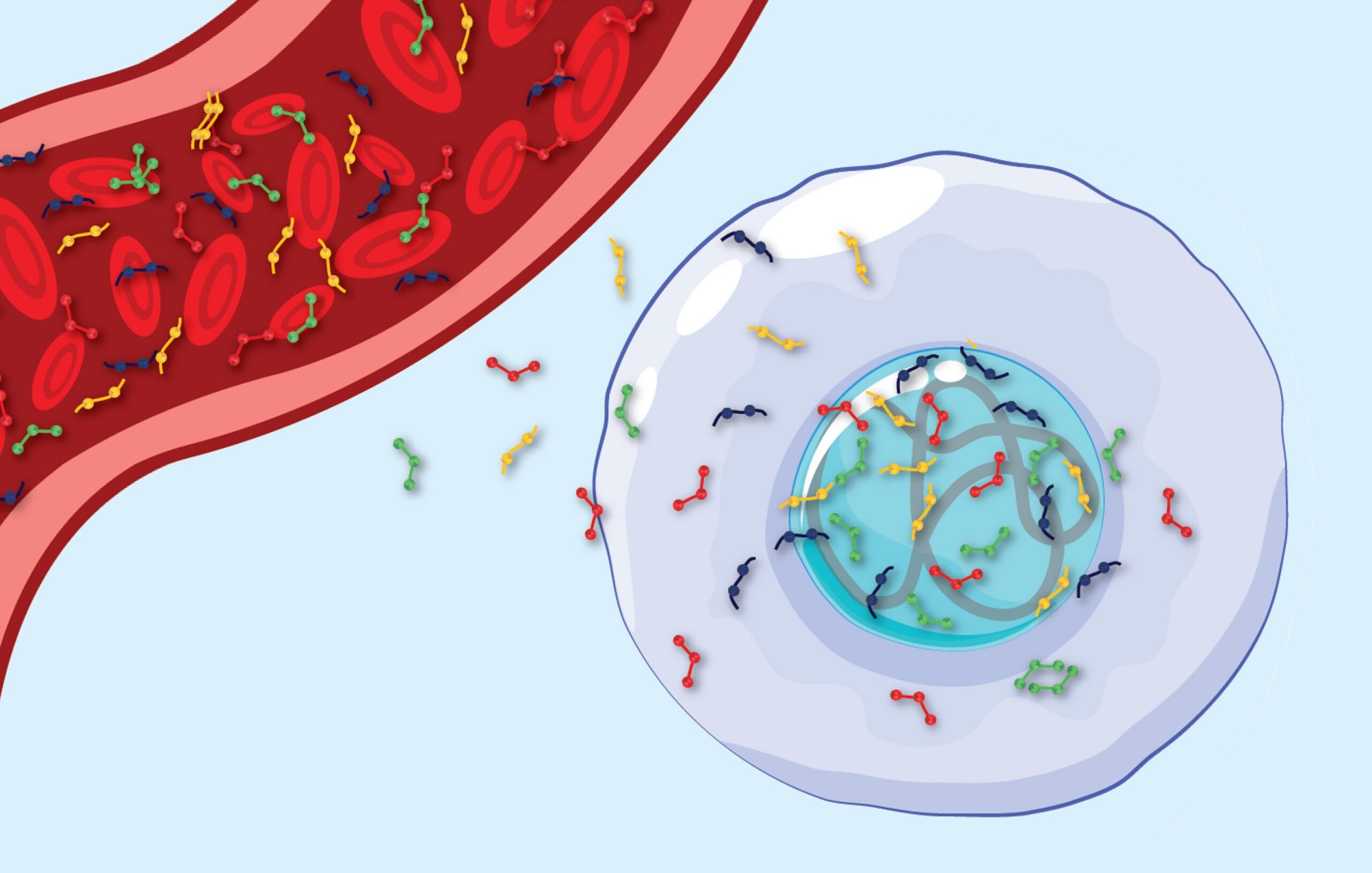Our diet has a powerful influence on our health, and one of the most important components is protein. But not all proteins are created equal, especially when it comes to their impact on the trillions of bacteria living in our gut. These gut bacteria, which make up our microbiome, play a crucial role in digestion, immune function, and even mental health. New research by Luis A. Rubio at Zaidín Experimental Station in Spain investigates how different types of proteins affect the gut microbiome, shedding light on how our dietary choices could influence overall wellbeing. Read More
By studying rats, Rubio explored the effects of milk proteins and plant proteins on the abundance of different bacteria in the large intestine. He found that the type of protein consumed by the rats significantly influenced the composition of gut bacteria in their large intestines.
Rats that were fed lactalbumin, a milk protein, had microbiomes that were generally healthier compared to those fed casein, another milk protein. Lactalbumin-fed rats had higher levels of beneficial Bacteroides, Roseburia and Blautia, which are known for producing butyrate. Butyrate supports gut health by providing energy to cells lining the colon and suppressing the growth of harmful bacteria.
Rats that consumed casein, however, had higher levels of harmful microbes such as Helicobacter and Treponema, which are linked with irritable bowel syndrome, peptic ulcers and other conditions. The microbiomes of casein-fed rats had a higher potential to produce inflammatory substances, including ammonia and hydrogen sulphide, which can contribute to colon cancer and other diseases.
Although preliminary, these findings suggest that not all animal-derived proteins have the same impact on gut health.
On the other hand, rats that were fed legume-derived protein, especially from lupin seeds, showed a notable increase in beneficial microbes, such as Methanobrevibacter. These bacteria reduce levels of trimethylamine, which has been linked to cardiovascular diseases. This suggests that lupin protein could have protective effects on heart health.
Legume-derived proteins also led to significant reductions in harmful bacteria, even when compared to the healthier milk protein lactalbumin.
These findings suggest that plant-based proteins, especially those from legumes, have a more favourable impact on gut health. Rubio’s research indicates that diets high in legumes promote a healthy balance of gut bacteria, reducing the risks associated with high-protein diets.
This research is especially relevant for those on high-protein diets, such as athletes or people aiming for weight loss. Often, these diets emphasize animal proteins, such as whey-based drinks and snacks. However, choosing plant-based alternatives could have significant benefits for our overall health and wellbeing, while also reducing our impact on the planet.







